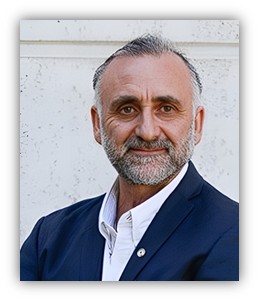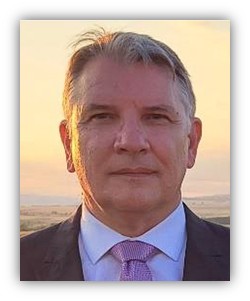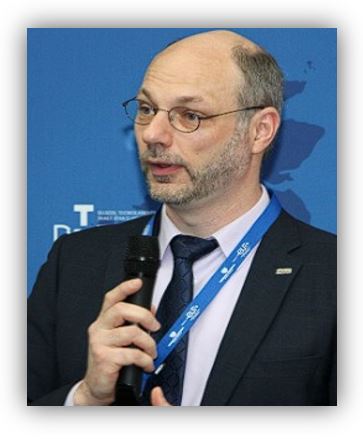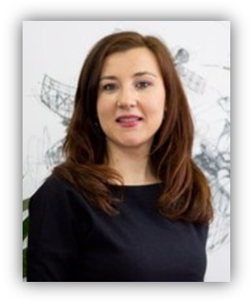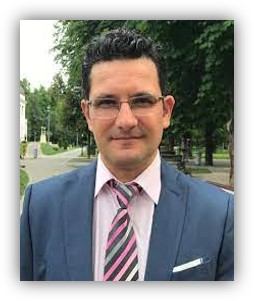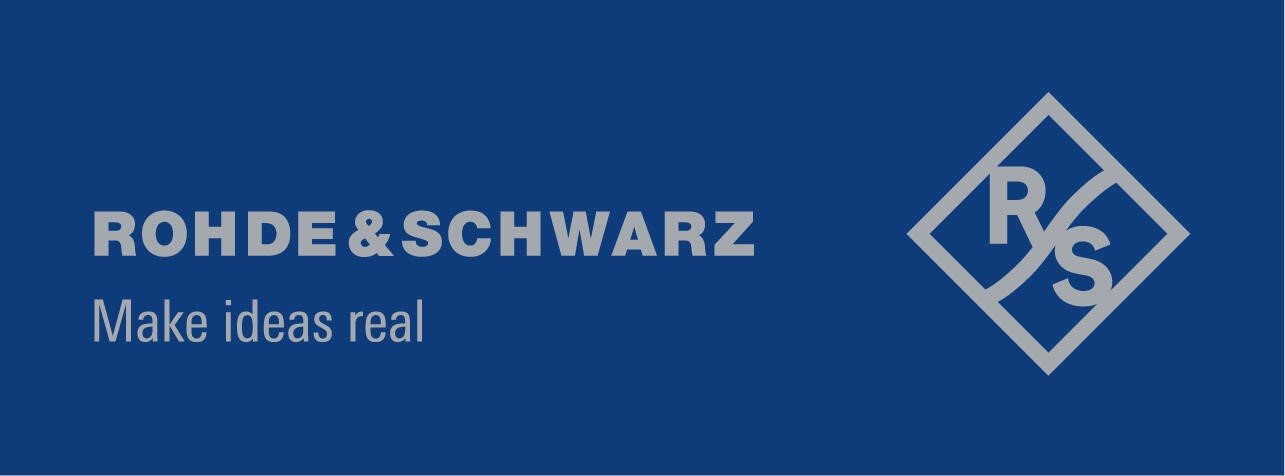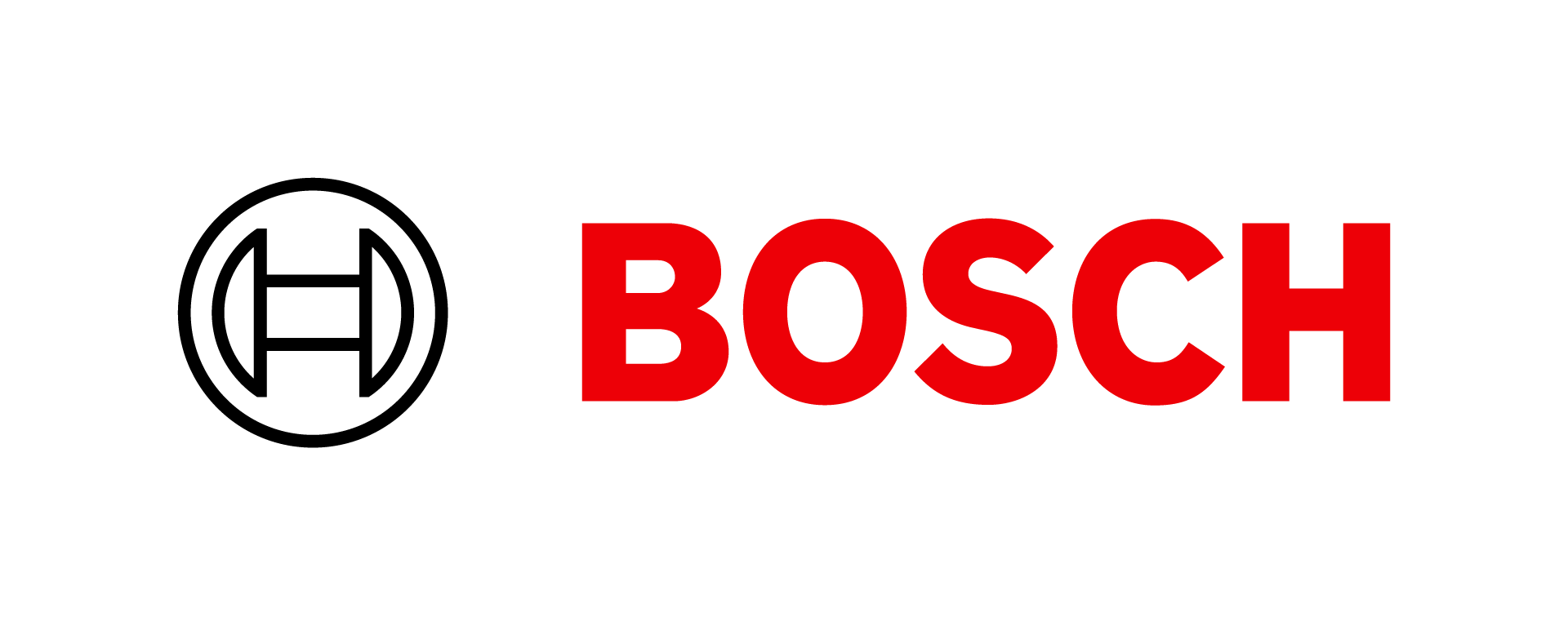Call for Papers
"Next-Level Learning: How Emerging Technologies are Reshaping Education?"
The EAEEIE Annual Conference is organized each year by the European Association for Education in Electrical and Information Engineering (EAEEIE). Accepted and presented papers will be submitted to the IEEE Xplore® Digital Library for publication . The event is technically co-sponsored by the IEEE Romania Section Education Chapter .
Previous editions:
The EAEEIE- European Association for Education in Electrical and Information Engineering is a European non-profit organization comprising members from nearly seventy universities across Europe, most of which focus on education in Electrical and Information Engineering (EIE).
Its mission is to enhance EIE education by promoting the understanding of European education practices, fostering industry collaboration, supporting lifelong learning, facilitating credit transfers in international exchanges, and contributing to scientific and educational research. EAEEIE also works to establish standards for EIE education.
The primary goal of the conference is to connect academic staff, researchers, and professionals in EIE from across Europe and beyond, offering a platform to exchange ideas, share information, and advances in EIE education.
Younger colleagues and students are particularly encouraged to participate, as the conference provides an excellent opportunity to learn about European research, teaching methods and institutional projects.
Participants attending this conference will gain insights into the latest technological advancements and how these tools are transforming educational practices. This knowledge can help educators, researchers, and institutions stay ahead of trends and adopt innovative methods to enhance learning outcomes. The conference provides a platform for professionals, educators, technology experts , and researchers to connect and share their experiences and facilitate collaborations on educational projects or research initiatives, as well as opportunities for mentorship and professional growth.
Participants will share knowledge about real-world applications of emerging technologies through case studies and presentations that will provide actionable insights on how to implement similar technologies in classrooms or institutions, improving engagement, accessibility, and teaching effectiveness. By participating in discussions around emerging trends, attendees can contribute to shaping the future direction of education.Whether it's sharing challenges or collaborating on new approaches, the conference serves as a think tank for evolving educational practices. By fostering connections between higher education institutions and companies at the forefront of emerging technologies in engineering, the event creates a dynamic platform for innovation. These partnerships bridge the gap between academic research and industry application, ensuring that curricula stay aligned with real-world technological advancements.
Call for Papers
Papers Submission
Authors are welcome to submit their recent results for presentation at the conference. All submissions shall be original, previously unpublished work and not currently under review by other publications. English will be used for all printed material as well as for presentations and discussions. Firstly, please prepare an extended abstract that will be evaluated with respect to its suitability. Then you will be notified about the acceptance and given enough time for submission of your full paper that will be reviewed by members of the Technical Program Committee. Finally, the camera-ready version of accepted papers will be submitted, reflecting the reviewers’ notes and suggestions.
Abstract submission
Please submit your Abstract through the conference management system . The one-page Abstract should contain the title of the paper, the contact person, authors and their affiliations, keywords and abstract text - plain text, with recommended extent up to 1800 characters and including the main contributions. There are no strict format requirements. The primary conference subject area or topic to which the paper is most relevant should be quoted. It should be noted that only electronically submitted abstracts in pdf format will be considered. The Abstract will be assessed and you will be notified about the decision.
Full paper submission
After acceptance of an Abstract, authors are requested to provide the full paper. Only original research meeting all technical requirements will be included in the proceedings. The required templates are available from the IEEE website and conference website on Microsoft Word A4 (.docx format) . Only electronically submitted papers can be considered.
Full paper submission is available through the Conference Management Tool (CMT) .
Login EAEEIE'2025 CMTPlease log in to be able to submit a contribution, enter or view reviews for the conference .If you have not yet created a user account, please do so now
Submission Guide (.pdf) 
Paper Template Microsoft Word A4 (.docx)


